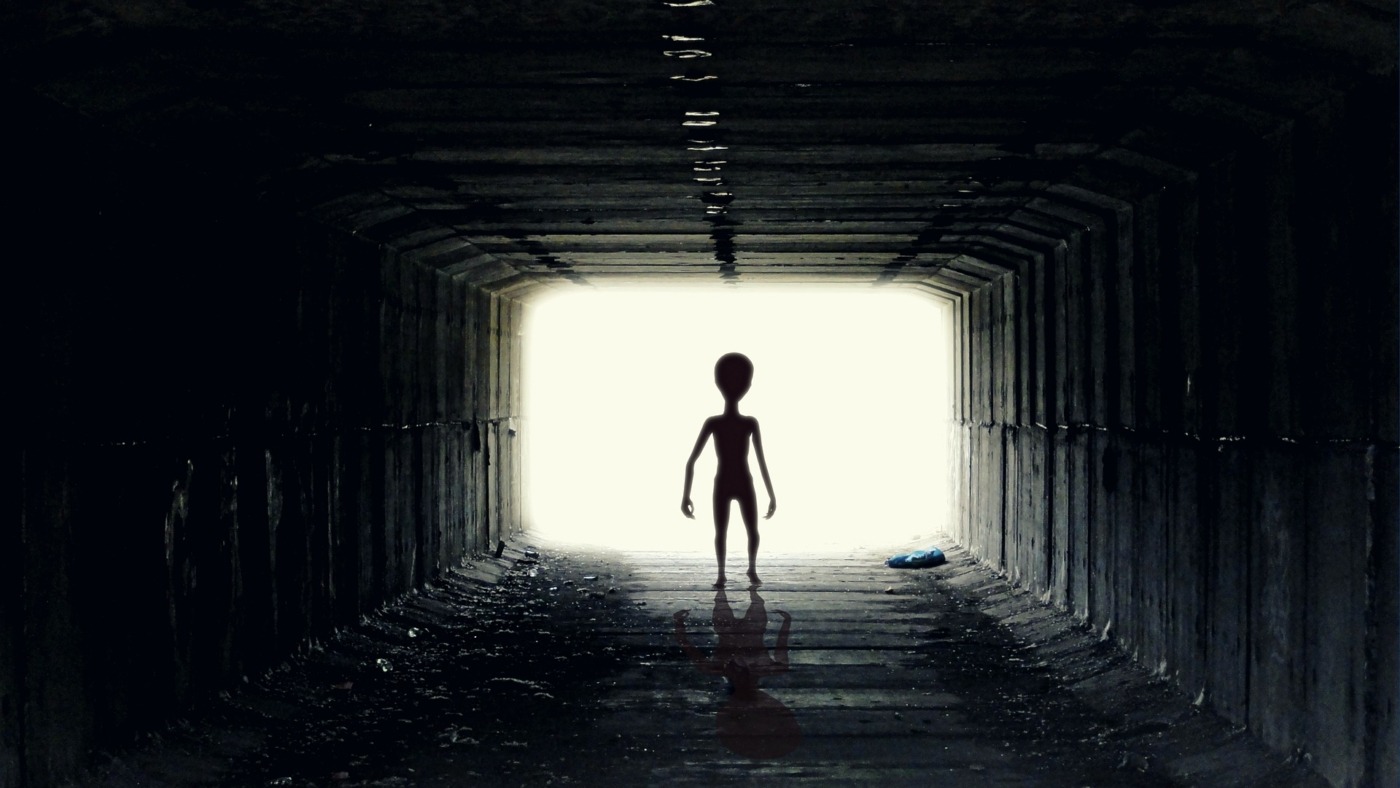If we discover alien life, what should humanity do? Scientists ask the public
Are we alone in the universe? I’m not going to claim to answer that question in this article, but I will address a related one – what would we do if it turned out that we weren’t? Although there are some protocols about what we should do, there isn’t actually a concrete plan in the event of alien life. Well, the U.K. SETI Research Network (UKSRN) is attempting to change that, by asking Earthlings for their views (here it is, if you want to contribute), in order to get everyone involved in a hypothetical scenario that could potentially change our planet forever.
Martin Dominik, an astronomer at the University of St Andrews, said: “There is absolutely no procedure enshrined in international law on how to respond to a signal from an alien civilisation. We want to hear people’s views. The consequences affect more people than just scientists.” There are certain post-detection protocols, but they aren’t binding, and it is widely believed that they’d be ignored in the event of contact occurring anyway. For example, the 1991 Declaration of Principles for Activities Following the Detection of Extraterrestrial Intelligence, has been endorsed by many researchers, however. It contains certain broad provisions – the news of discovery should be made public, all data should be available to the scientific community, no-one should reply to such a message without international agreement.
Although there are some protocols about what we should do, there isn’t actually a concrete plan in the event of alien life. Well, the U.K. SETI Research Network (UKSRN) is attempting to change that, by asking Earthlings for their views (here it is, if you want to contribute)
In any discussion of alien life, we do have to consider the likelihood that we’ll ever need the response. The search has been one of the major scientific questions of our time, but there is no positive confirmation as of yet. As Dominik has written, “despite the fact that we [have] never detected a signal from extraterrestrial intelligence, this does not mean that it is never going to happen. What if it does?”
The famous Drake equation is one such tool that has helped shape the search. Devised in 1961, it estimates the number of active and communicative alien civilisations (although only in the Milky Way) using variables like the rate of star creation and the average number of planets that might support life per star that has planets. Although interesting, the equation has come under fire because many of its variables are based on conjecture. Since the Space Race, we’ve been both listening – the SETI Institute is an example of an organisation with its ears to the stars – and trying to communicate – in 1977, the Voyager spacecraft famously carried a Golden Record intended to describe life on Earth to any aliens that found it.
The famous Drake equation is one such tool that has helped shape the search. Devised in 1961, it estimates the number of active and communicative alien civilisations (although only in the Milky Way) using variables like the rate of star creation and the average number of planets that might support life per star that has planets
Of course, if extraterrestrial life were to be discovered, the profound repercussions that it would have on our society cannot be understated. Discovery that we are not alone would call religions into question on a global scale, ask whether they have legal rights, or face a potential ecological threat that could harm our biosphere. There would be political issues – who should speak for the Earth? Should it be the United Nations, or the head of the world’s then-most powerful nation, or the country that made the discovery?
It would also force us to consider how we respond to the issue as a planet. The much-derided Independence Day: Resurgence suggested that an alien invasion led to an unprecedented level of world peace, as humanity comes together as one, but there’s no guarantee of that – it’s equally possible that there could be extreme panic and destruction. In 1938, Orson Welles famously caused mass panic by dramatising The War of the Worlds on the radio – imagine that if it turned out to be true. The radio play, one of the first examples of fake news, does have some links to the motivation for this new study. If the story broke now, who’s to say that we’d believe it? In an era of social media, there would be fake news and conspiracies galore, and so knowing how best to provide reliable information is a very good idea.
In 1938, Orson Welles famously caused mass panic by dramatising The War of the Worlds on the radio – imagine that if it turned out to be true. The radio play, one of the first examples of fake news, does have some links to the motivation for this new study
It has been suggested that one reason that we hear stories of UFOs and alien encounters, whether we believe in them or not, is because global governments are aware that we are not alone, and it is part of an attempt to gradually help humanity grow accustomed to the idea. So, even if we bash those who believe in aliens as conspiracy theorists, the idea is still entering our public discourse. Perhaps there’s a secret policy already in place?
Now, it’s entirely possible (and statistically probable) that any search for alien life will turn up nothing, but there can’t be any harm in having a plan in place in case we actually find something. The truth may be out there, but we need to make sure that we’re sufficiently prepared to discover it.

Comments